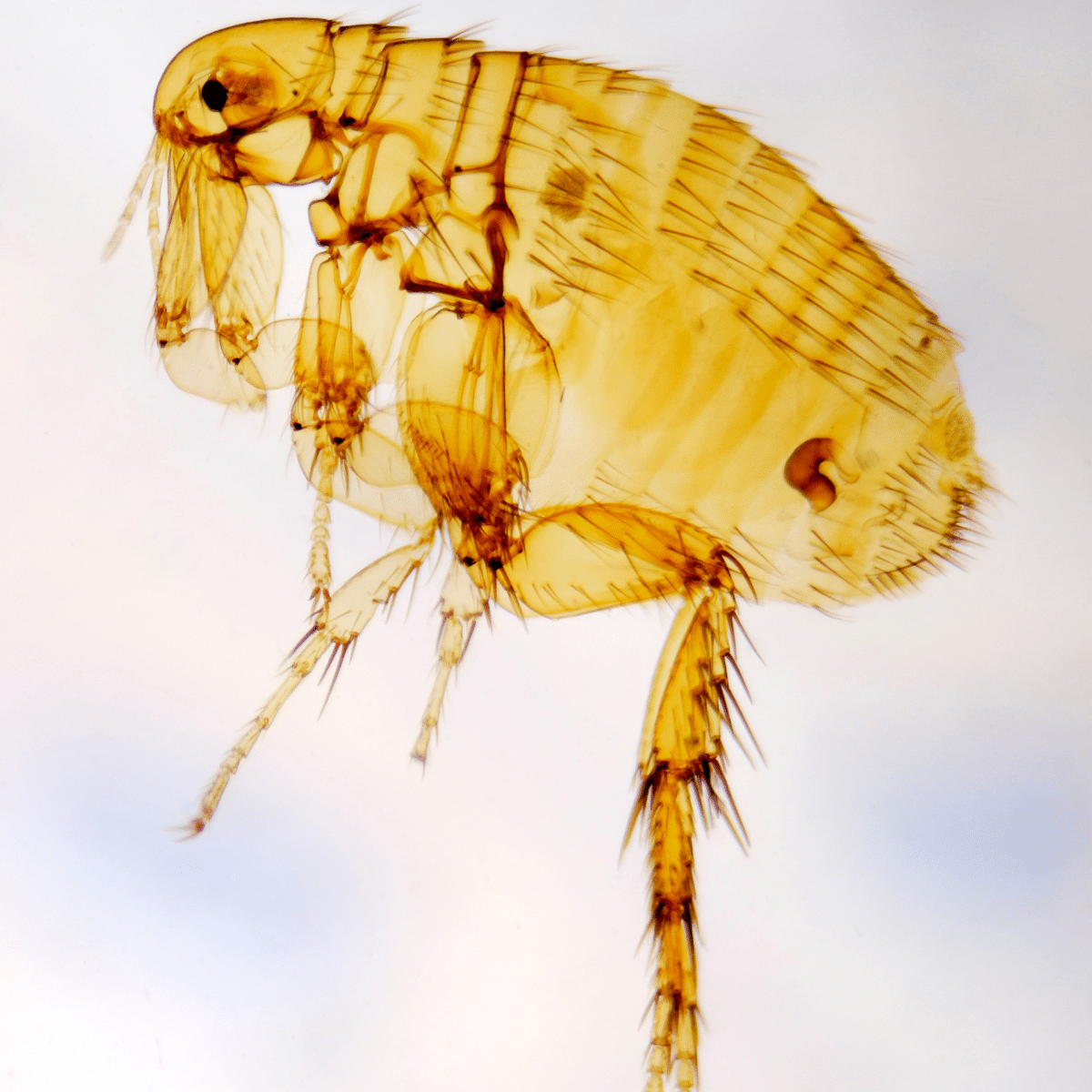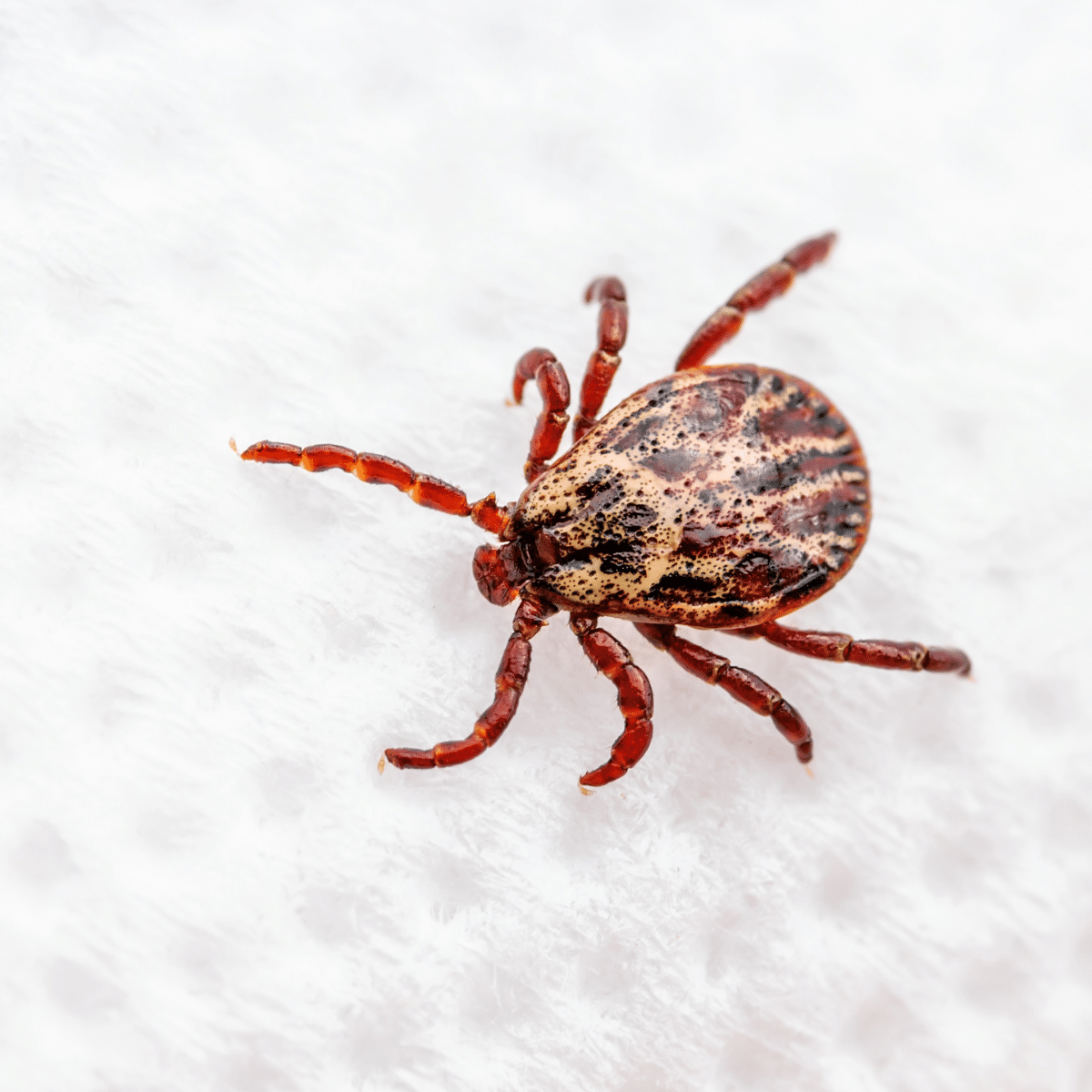Importance of Flea & Tick Control Services
According to the Centers for Disease Control and Prevention (CDC) there was a reported 71,346 tick born illnesses in 2022 throughout the United States. Also, a most recent study showed that 1 in 7 dogs have fleas.
Since fleas reproduce rapidly, an infestation can happen quickly if not treated. With ticks, one bite can change someone’s life forever. The moment you suspect you have a problem, you will want to look for a pest control company. Accu-Pest Exterminating specializes in flea & tick services. Give us a call so we can begin treatment before an infestation takes over.



